Surprising ways in which data surveillance and constant algorithms impact society
LA REVUE GAUCHE - Left Comment: Search results for SECURITY STATE
It’s possible that I shall make an ass of myself. But in that case one can always get out of it with a little dialectic. I have, of course, so worded my proposition as to be right either way (K.Marx, Letter to F.Engels on the Indian Mutiny)
Surprising ways in which data surveillance and constant algorithms impact society
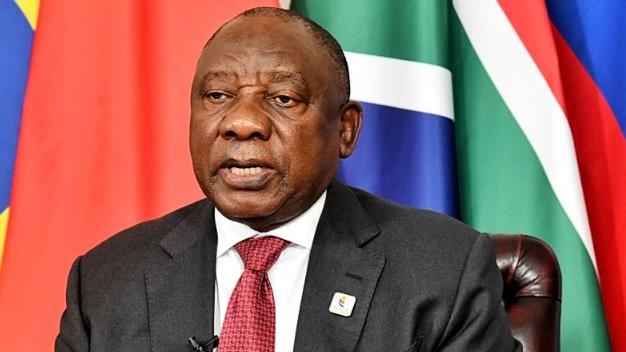
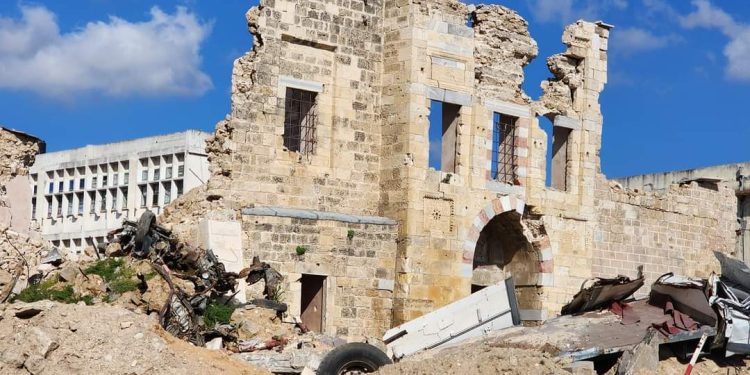
The ongoing Israeli onslaught on Gaza has decimated nearly 32 cultural institutions, both partially and entirely, the Palestinian Ministry of Culture revealed on World Heritage Day, marked on Thursday, April 18th.
The Ministry further disclosed that the war has obliterated 12 museums, vandalized approximately 2,100 ancient garments, and desecrated embroidery from museum artifacts and personal collections.
The ongoing war has also led to the destruction of around 195 historic buildings, predominantly in Gaza City, including cultural hubs and community establishments.
Additionally, 9 heritage sites and 10 historic mosques and churches, integral to the region’s collective memory, have suffered damages, the statement added.
Condemning the crimes committed by the occupation forces, the Ministry of Culture urged international organizations to safeguard Palestinian cultural heritage.
It also called for the enforcement of legal mechanisms compelling the Israeli occupation to comply with international conventions protecting cultural and natural heritage.
Prominent among the historical landmarks ravaged by the war are Al-Omari Mosque in Jabalia to the north, the Byzantine Church of Jabalia, Sheikh Sha’ban Mosque, and Al-Zafar Damri Mosque in Al-Shujaiya area of Gaza City.
Also targeted were Al-Khidr Shrine in Deir Al-Balah and Khalil Al-Rahman Mosque in Khan Younis, along with the Manuscripts Center.
The destruction of Al-Omari Mosque, Gaza City’s most renowned historic site dating back to the seventh century, stands as a poignant symbol of the cultural devastation wrought by the conflict.
In its scathing statement, the Ministry of Culture denounced the targeting of cultural centers as a flagrant violation of international humanitarian law, notably the International Convention on the Prevention of Genocide and the prosecution of its perpetrators.
Reiterating its plea, the Ministry urged UNESCO and relevant organizations to establish a UN committee to investigate the legal and humanitarian violations inflicted upon Palestinian cultural heritage.
The Ministry emphasized that the obliteration and loss of this heritage constitutes a grievous loss to humanity at large.
Despite international calls for a halt to the Israeli occupation’s aggressive war on Gaza, and the International Court of Justice’s scrutiny over genocide allegations, the onslaught persists, targeting the civilian population and essential infrastructure, in defiance of a Security Council resolution urging an immediate ceasefire.
Shortlink for this post: https://daysofpalestine.ps/?p=53269
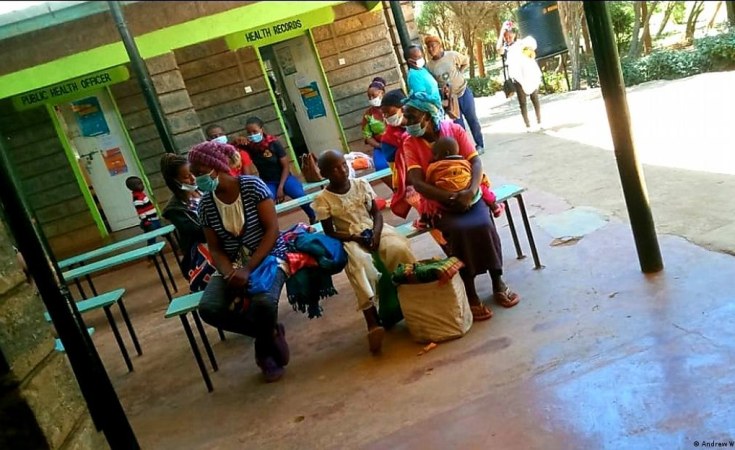
NAIROBI, April 18 (Xinhua) -- A water project co-sponsored by the Jiangsu People's Association for Friendship with Foreign Countries and the Amity Foundation, an independent Chinese social organization, was launched on Thursday in Nairobi, the capital of Kenya.
Ma Xin, a member of the Standing Committee of the Communist Party of China Jiangsu Provincial Committee and executive vice governor of Jiangsu Province, said that the water program seeks to expand access to clean water for residents in Kenya's informal settlements.
"The program is an important measure for Jiangsu to help the Belt and Road countries improve people's livelihood and welfare through social forces," Ma said at a ceremony attended by Chinese and Kenyan government officials.
Jiangsu Province has embraced the United Nations Sustainable Development Goals and is carrying out a series of cooperation projects focusing on development and improving people's livelihoods among the Belt and Road countries, he added.
Esther Passaris, a lawmaker in Nairobi, said that the Chinese-backed water project will contribute to improving the availability and sustainable management of water and sanitation for the Kenyan people.
So far, the Kenya-China partnership has resulted in practical cooperation that has achieved remarkable results, including increasing the availability of clean piped water in informal settlements, she said. "Our two countries are ready to consolidate political mutual trust, deepen comprehensive cooperation, and bring China-Kenya relations to a new level," Passaris said.
David Matinde, a representative of the beneficiary communities, said that the project is expected to have a positive impact on at least 7,000 beneficiaries living in marginalized communities. He added that the water and sanitation project will also ensure that students maintain high levels of cleanliness, thereby avoiding illnesses caused by waterborne diseases.
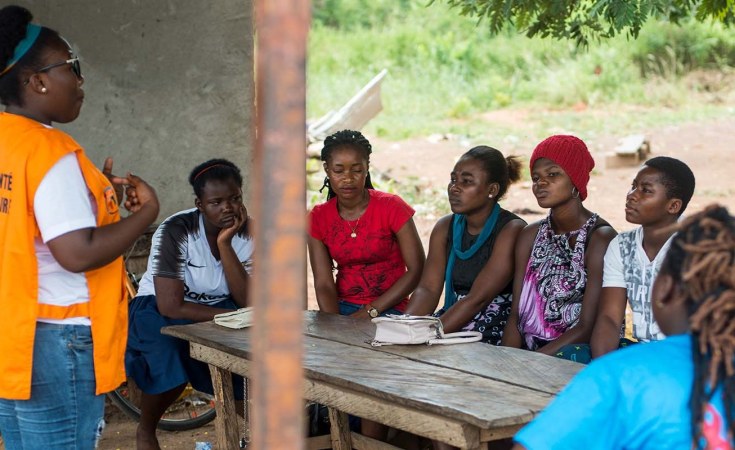
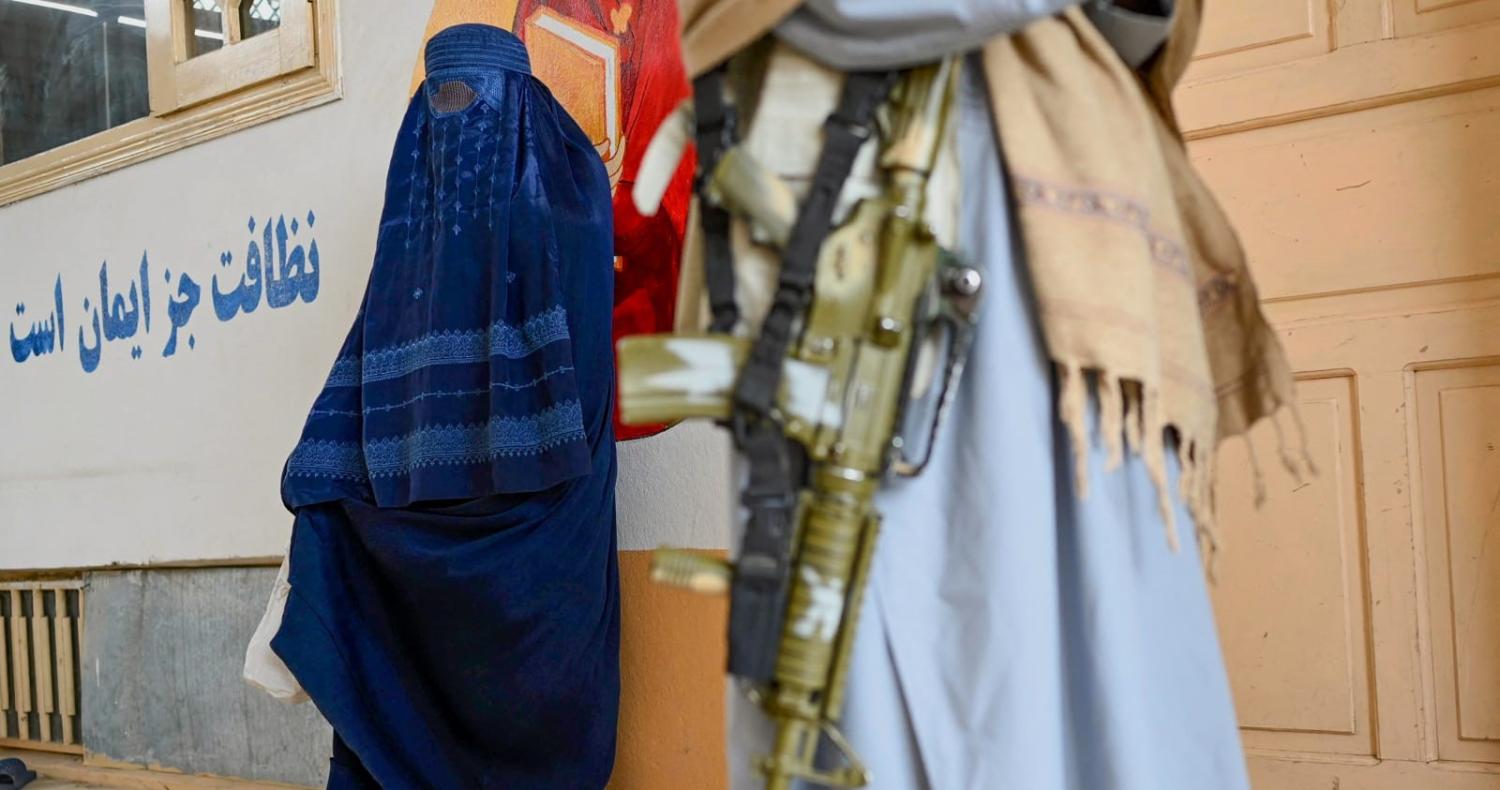

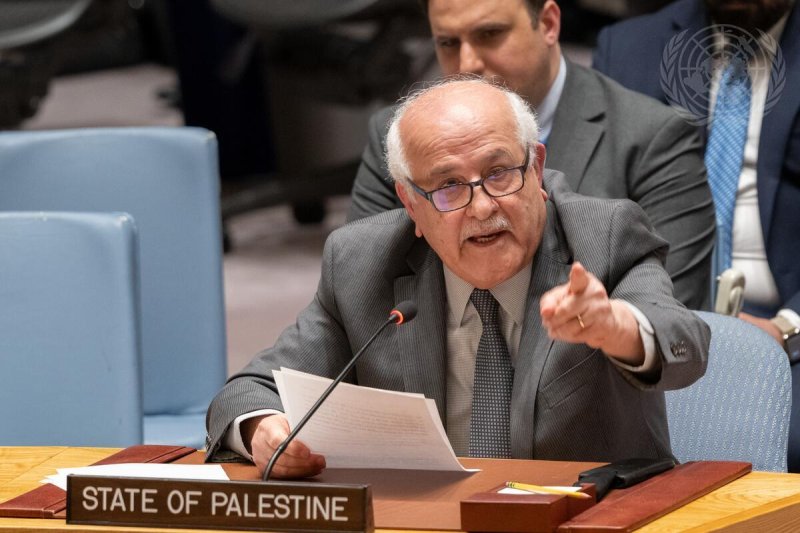

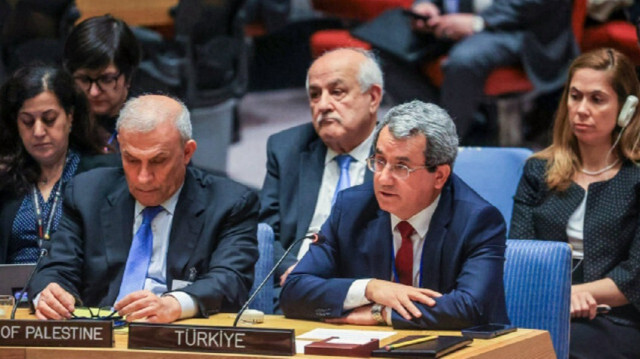
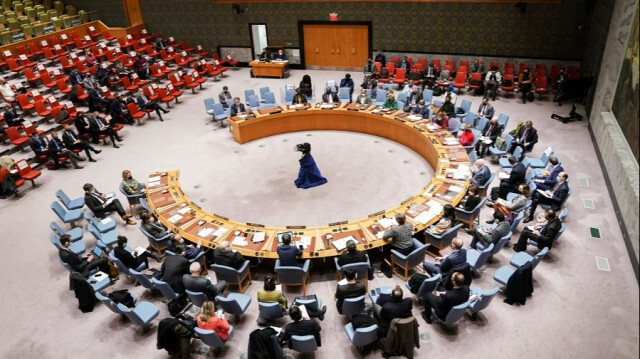
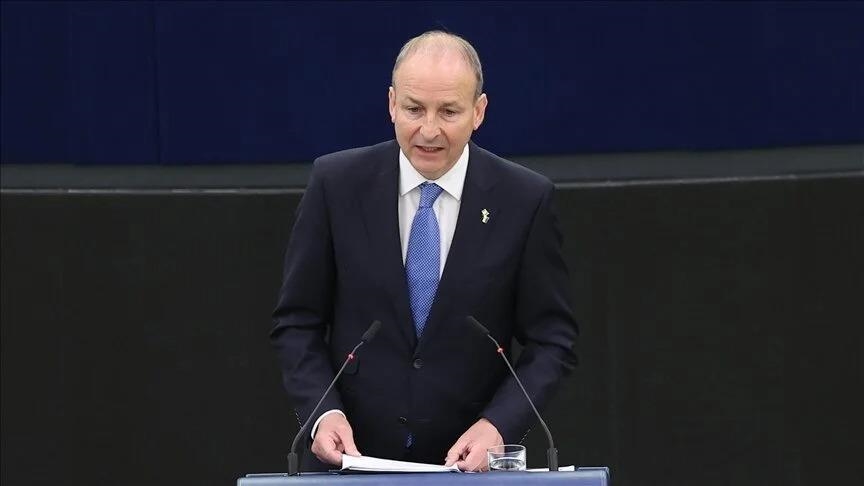
A Chinese envoy on Thursday strongly criticized countries that question Palestine's eligibility for UN membership under the UN Charter, emphasizing that statehood is an "inalienable national right" of the Palestinian people.
During his statement following a vote in which the United States vetoed a draft resolution for Palestine's full membership to the UN, Fu Cong, China's permanent representative to the United Nations, expressed profound disappointment.
"Today is a sad day," because the US veto has ruthlessly dashed "the decades-long dream of the Palestinian people," he said.
Fu highlighted the contradiction in the arguments presented by some nations regarding Palestine's governance capabilities.
"The claim that the State of Palestine does not have the capacity to govern does not align with the reality on the ground," he said, noting significant changes over the past 13 years, including the expansion of settlements in the West Bank.
"Palestine's survival space as a state has been constantly squeezed, and the foundation of the two-state solution has been continuously eroded," he added, condemning what he described as "gangster logic that confuses right and wrong."
Additionally, Fu condemned the implications made by some countries that questioned whether Palestine is a peace-loving state, a criterion for UN membership. "Such an allegation is outrageous and a step too far," Fu said.
He further criticized the political calculations behind opposing Palestine's full membership, suggesting, "If it is out of political calculation to oppose Palestine's full membership of the UN, it would be better to simply say so, instead of making excuses to re-victimize the Palestinian people."
On the broader implications of denying Palestine full membership, Fu argued that this action puts the cart before the horse, especially as "the Israeli side is rejecting the two-state solution more and more clearly."
He advocated for Palestine's full membership as a means to grant it equal status with Israel, which could help create conditions for the resumption of negotiations.
"The wheel of history is rolling forward, and the trend of the times is irresistible," Fu said, expressing confidence that "the day will come when the State of Palestine will enjoy the same rights as other member states at the UN, and the two states of Palestine and Israel will be able to live side by side in peace."
Fu reaffirmed China's commitment to continuing its efforts and playing a constructive role in realizing this vision, hoping for a future where "the Palestinian and Israeli peoples can live in tranquility and happiness."